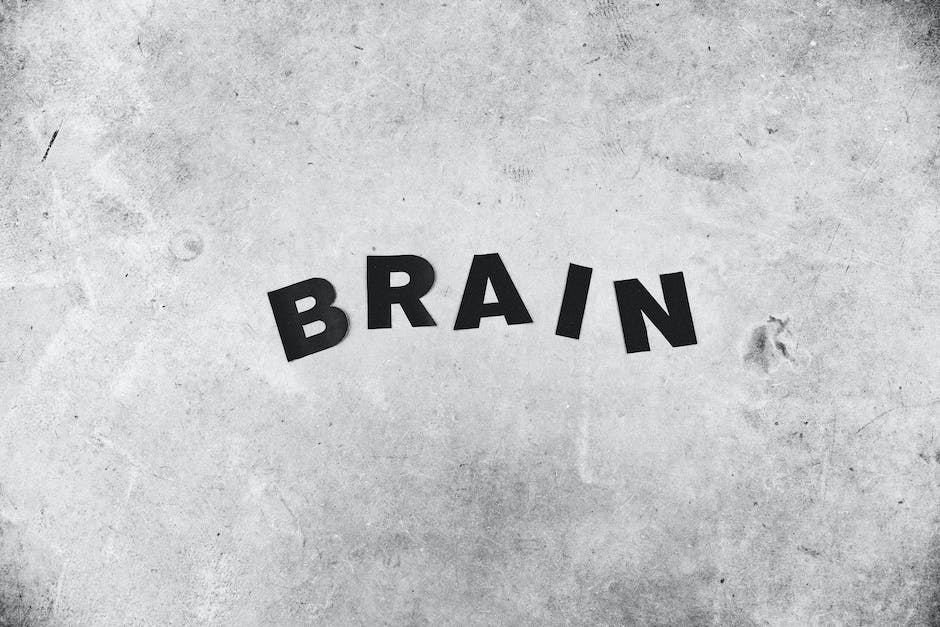
Contents
and Health
Do you know about the relationship between LDL and HDL cholesterol and health? High levels of Low Density Lipoprotein (LDL) cholesterol, considered “bad” cholesterol, can lead to health problems such as heart disease and stroke. High-Density Lipoprotein (HDL), termed “good” cholesterol, is beneficial to maintain healthy blood pressure, help prevent stroke and heart disease, and improve cholesterol levels.
What is Cholesterol?
Cholesterol is a waxy, fat-like substance. It’s mostly produced in the liver, with cholesterol-rich foods like eggs, fatty dairy products, red meat, and shellfish adding to the body’s overall cholesterol levels.
LDL and HDL cholesterol – the difference
The body needs cholesterol for cell formation and other vital functions. LDL cholesterol transports cholesterol from the liver to other cells in the body, whereas HDL cholesterol carries cholesterol from various parts of the body, including the arteries and cells, back to the liver to be reused or eliminated.
Understanding LDL cholesterol
LDL cholesterol is considered the “bad” cholesterol because high levels in the blood increase the risk of health problems, such as heart attack and stroke. Generally, the higher the level of LDL cholesterol, the higher the risk of these health conditions.
Healthy levels of LDL cholesterol
The amount of LDL cholesterol in your body should be as low as possible. According to American Heart Association, healthy levels should be below 100 milligrams per deciliter (mg/dL).
Understanding HDL cholesterol
HDL cholesterol, which is considered “good” cholesterol, helps to clear away the unused cholesterol from the body and removes it from the walls of the blood vessels. High levels (above 60mg/dL) of HDL cholesterol can reduce the risk of developing heart disease, heart attacks, and stroke.
Ways to reduce LDL cholesterol
To reduce LDL cholesterol, it’s important to make lifestyle changes, such as exercising regularly and eating a healthy diet low in saturated fats, trans fats, and sugar. Additionally, quitting smoking and limiting alcohol consumption can help reduce LDL cholesterol levels.
Ways to raise HDL cholesterol
You can increase HDL cholesterol levels in your body by doing exercise, including activities like brisk walking, running, and resistance or weight training. Eating foods high in fiber and omega-3 fatty acids, such as salmon, avocado, and nuts, can also help raise HDL cholesterol levels.
Takeaway
LDL and HDL cholesterol play a vital role in our health. High levels of LDL cholesterol can lead to a variety of health problems, whereas high levels of HDL cholesterol can help improve cholesterol levels, prevent heart disease and stroke, and maintain healthy blood pressure. Implementing lifestyle changes and eating a healthy diet can help keep these cholesterol levels in check.
